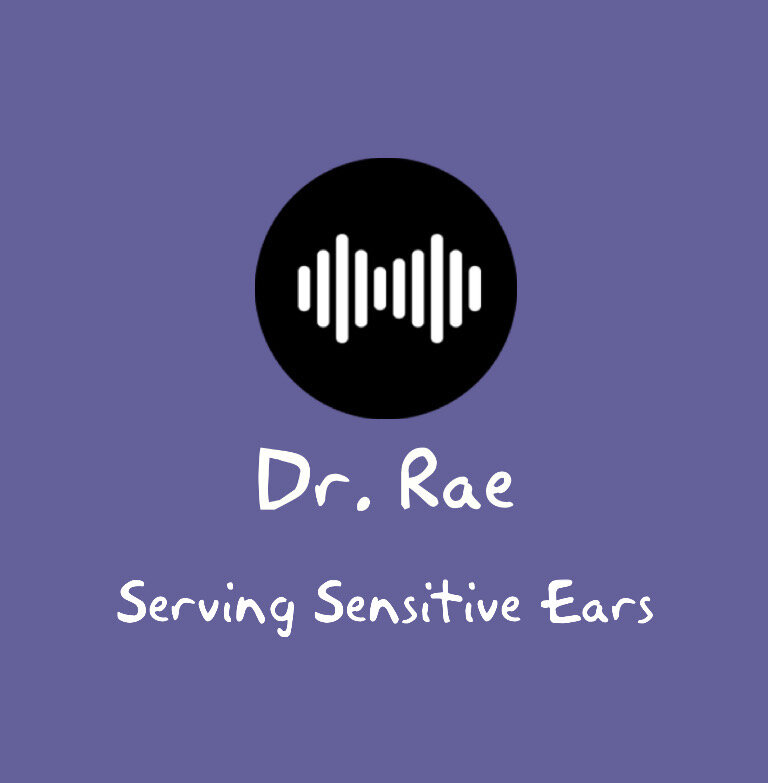Is APD a myth?
Honestly, I’ve heard the claim that APD (Auditory Processing Disorder or CAPD) is “controversial” or “not a real diagnosis” before - but it simply doesn’t hold up under any serious scrutiny.
First off, APD is formally recognized by major medical and audiology organizations, including the American Speech-Language-Hearing Association (ASHA) and the American Academy of Audiology. It’s also listed with a diagnostic code in the ICD-10 medical classification system, used worldwide for official diagnoses. If APD weren’t real, it wouldn’t be recognized, studied, and tracked by the global medical community.
One argument made is that audiologists diagnose but don’t “treat” APD directly. Even if that were completely true (and it’s not anymore), that doesn’t invalidate the diagnosis. Plus, audiologists do treat APD today through interventions like low-gain hearing aids and personal FM systems, which significantly improve auditory access in real-world environments like classrooms and homes. Claiming that a condition isn’t valid just because multiple professions are involved feels less like a scientific argument and more like a territorial turf war between fields.
One particularly skeptical article also criticizes auditory training programs like Fast ForWord, saying they don’t always generalize to real-world improvements. That’s fair — early computerized training didn’t always deliver. But that doesn’t mean auditory processing issues aren’t real. It simply means that treatment needs to be more comprehensive and tailored, including not just computer games but real-world supports like low-gain amplification, FM systems, targeted auditory exercises, and even visual language supports like Cued Speech and ASL. Access to phonology — the sound structure of language — matters, and APD directly impacts how phonological information is processed.
The claim that APD doesn’t cause language or learning issues is just wrong. Kids with a history of frequent ear infections (otitis media) — which temporarily disrupt hearing during critical developmental periods — are at higher risk of phonological awareness deficits, speech and language delays, and later reading challenges. Early fluctuating hearing loss scrambles sound input to the brain, even if “hearing returns to normal” later. APD is one of the consequences of that early distortion.
Yes, APD overlaps with other conditions like ADHD, dyslexia, and autism — but overlap doesn’t invalidate a diagnosis. Medicine and education deal with overlapping symptoms all the time. Experienced audiologists know how to carefully separate auditory deficits from cognitive or language issues using standardized testing batteries. Here’s a better overview of typical auditory processing tests, including SCAN-3, LiSN-S, dichotic digits, SSW, and others that are carefully normed and interpreted in context.
Finally, suggesting that parents “prefer” an APD label because it sounds better than other disabilities is disrespectful. Parents aren’t trying to “pretty up” a disability — they’re fighting to get their children the correct supports. If a child struggles to process auditory information even though basic hearing tests look fine, pretending APD doesn’t exist delays real help.
The bottom line is this:
Just because APD can be tricky to diagnose and treat doesn’t mean it isn’t real. Children and adults with APD need a combination of support — whether that’s hearing devices, speech-in-noise training, environmental accommodations, or visual language scaffolds — to access sound more clearly. And when they get the right support, outcomes improve dramatically.
The science, clinical practice, and patient experiences all support that APD is a legitimate, meaningful diagnosis. It’s time we stop dismissing it.
